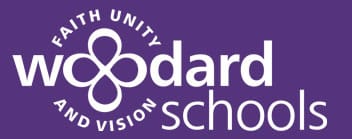GCSE Computer Science is an engaging and practical course covering some of the most important concepts of 21st century living. The course is a blend of theoretical studies (50%) and practical code development (50%).
The GCSE is split into the following six topics covered in two exams, one written and one on-screen:
- Computational thinking – understanding of what algorithms are, what they are used for and how they work; ability to follow, amend and write algorithms; ability to construct truth tables.
- Data – understanding of binary, data representation, data storage and compression.
- Computers – understanding of hardware and software components of computer systems and characteristics of programming languages.
- Networks – understanding of computer networks and network security.
- Issues and impact – awareness of emerging trends in computing technologies, and the impact of computing on individuals, society and the environment, including ethical, legal and ownership issues.
- Algorithms – understanding what algorithms are, what they are used for and how they work in relation to creating programs; understanding how to decompose and analyse problems; and the ability to read, write, refine and evaluate programs in Python.
This qualification gives pupils a solid understanding of the technologies that shape 21st century living. The course is very well suited to tenacious, persevering learners who have a passion for problem-solving and coding. It can lead into A Level Computer Science and is a worthy pursuit of anyone pursuing a wide variety of careers.
Assessment:
Paper 1: Principles of Computer Science (Theory) – 2 hours on paper. 50% of the qualification
Paper 2: Application of Computational Thinking (Coding) – 2 hours on the computer. 50% of the qualification
Examination Board: EDEXCEL GCSE
Specification: 1CP2
Mr K. Eyers – Head of Computer Science
SENIOR SCHOOL












